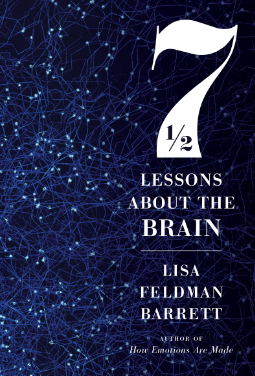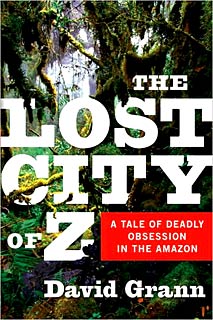This review contains affiliate links, which earn me a small commission when you click and purchase, at no extra cost to you. Thank you for supporting my small business and allowing me to continue providing you a reliable resource for clean book ratings.
This brief book by a neuroscientist offers eight easy-to-read essays (the first of which is a short introductory one, hence the “half” of the title) about the brain.
What may catch many people’s attention in the text is Barrett’s denunciation of the “fact” about the human brain everyone seems to know: that it is made up of three layers, with the “lizard brain” wired for basic urges at the core, covered by a layer that evolved for emotions and a final rational layer that evolved “to regulate our inner beasts.” Barrett says “the triune brain story is one of the most successful and widespread errors in all of science,” but then goes on to tell readers that “human brains don’t work that way,” which has been proven by the analysis of neurons with sophisticated tools that were not available when the hypothesis was put forth in the mid-20th century.
One of the eight lessons is that the brain is a network, and it’s always on. The astonishing fact in this essay (well, I found it astonishing, at least): “A brain doesn’t store memories like files in a computer — it reconstructs them on demand from bits of electrochemical activity. … Each time you have the same memory, your brain may have assembled it with a different collection of neurons.”
Lesson four: “Your brain predicts (almost) everything you do.” Based on what your brain has learned and experienced in the past, it makes predictions that lead to your actions. Most of the time, those actions and predictions make sense, but occasionally they don’t (at least to us; they do to your brain). Barrett says that while it’s impossible to go back and change your past to make your brain initiate different actions, you still can change now how your brain will predict in the future.
“With practice, you can make some automatic behaviors more likely than others and have more control over your future actions and experiences than you think.” In essence, even though you may not be to blame for tragedies or hardships you have experienced that have “wired” your brain to predict/act in certain ways, you are responsible now for changing the patterns. “If you embrace this responsibility, think about the possibilities. What might your life be like? What kind of person might you become?”
Lesson five: “Your brain secretly works with other brains…. Ultimately, your family, friends, neighbors and even strangers contribute to your brain’s structure and function and help your brain keep your body humming along.” It sounds a little outrageous, but when Barrett explains the details, it becomes clear how true it is. We all affect each other in so many ways, and that happens just by our tone of voice, our facial expressions, our multitudinous interactions. And that all affects the brain. When it comes down to it, this fact should remind us to treat each other in positive ways.
If your curiosity has been piqued by these highlights, I recommend taking the short dive into this fascinating and accessible book. Some of it may “blow your mind.”
Rated: None.
*I received an ARC of this book in exchange for my honest review.
Click here to purchase your copy of 7 1/2 Lessons about the Brain on Amazon.




